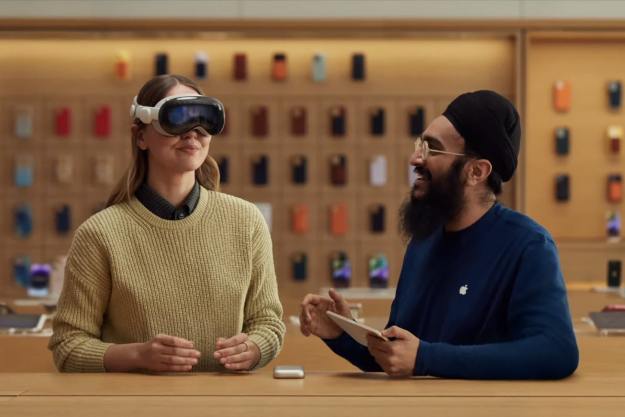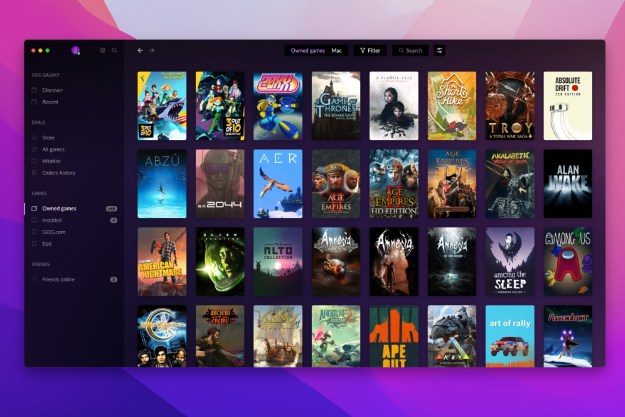
The online advertising industry has finally got around to addressing the thorny issue of behavioral ads, those that are targeted at people based on their browsing activity.
The body for the industry, the Internet Advertising Bureau, has published a code of practice for behavioral ads that has been signed up to by most of the major players, including Phorm, AOL, Google, Microsoft and Yahoo.
The backbone of the code is made up of three ideas – companies must give users notice that they’re collecting and using data for behavioral advertising; they must give the consumer a chance to opt out of having their data collected for behavioral ad purposes, and where applicable, seek the consent of the consumer; finally, companies have to give users information about how they’re using the collected data and how users can opt out.
According to research company Forrester, 26% of European online advertisers used behavioral-based system during 2008. Nate Elliott, a principal researcher with the company, told the BBC:
"There are dozens of companies that have been doing this type of advertising for years. Google stores search information and uses it to better target future searches, for example."
However, privacy advocates would prefer to see behavioral ads delivered on an opt-in, rather than opt-out, basis, which BT will do with Webwise, after receiving much criticism for holding two trials of the Phorm technology without the consent of users.
Nick Stringer, head of regulatory affairs at the IAB, said:
"The IAB has gone to great lengths to ensure that the industry protects and educates consumers on their rights and choices."
"Behavioral advertising has clear benefits to consumers, delivering more relevant advertising and keeping most of the content and services we enjoy free of charge.”
"However it’s in its infancy and we need to let consumers know they are in control."
Editors' Recommendations
- Microsoft finds a sneaky way to slip more ads into Windows
- Your excuse to get a 4K monitor? This 27-inch LG is $250 right now
- The 6 best ways Macs work with your other Apple devices
- 5 ways to take your PC from boring to beautiful
- All the ways to lower your CPU temperatures, from easy to expert




